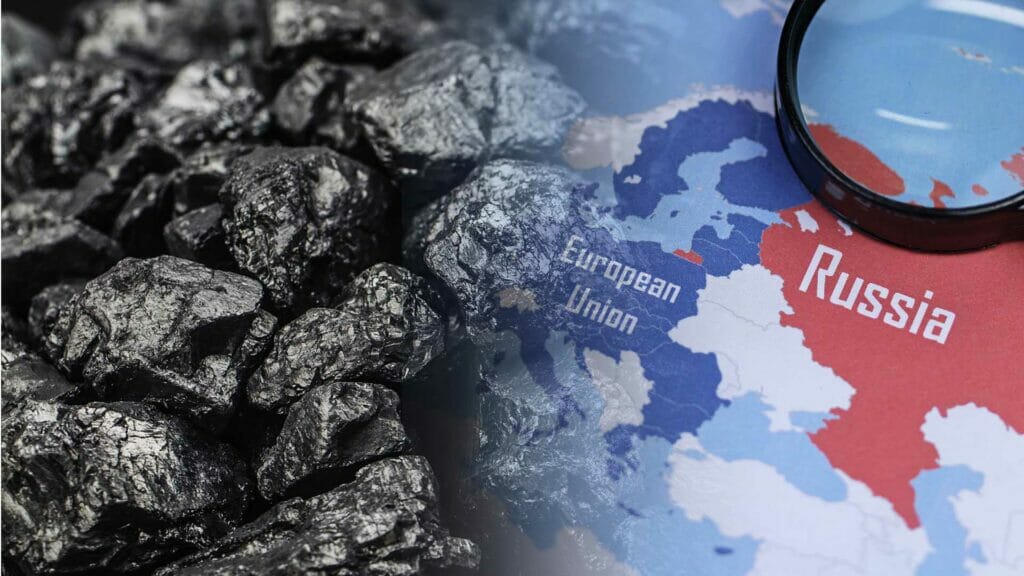Kazakhstan cuts coal exports to Russia

Over the first five months of 2023, Kazakhstan reduced the supply of coal to Russia by 16%, according to the Kommersant media outlet, citing the country’s Bureau of National Statistics. The data shows that Kazakhstani coal producers and traders prefer alternative routes, including several European countries, Central Asian neighbors and Turkey.
Over the period from January to April 2023, Kazakhstan exported about 5.5 million tons of coal to Russia, which is a 19.8% decline compared to the same period last year. At the same time, according to market sources, rail shipments (transit through Russia excluded) over the period from January to May decreased by 16% to 7.4 million tons.
As deputy head of the Industrial Development Committee under the Ministry of Industry and Infrastructure Development Turar Zholmagambetov noted, the reduction in coal supplies was mainly driven by increased supply from Russian producers, who offer lower prices due to sanctions by the EU which banned Russian coal from being imported to Europe. As a result, this unwanted coal was redirected to the domestic market at a discount.
However, the official said that key long-term contracts for the supply of coal to Russia are still in place and implemented. The decline mainly affected the spot market, which is dominated by traders, not miners.
According to Zholmagambetov, Kazakhstani coal suppliers have already found alternative directions for export, including Latvia, which reported a coal import increase by 368 times, Poland (+80.5%), Turkey (+560%), Kyrgyzstan (+19%) and Uzbekistan (+180%).
Apart from lower demand for Kazakhstani coal in Russia, Western sanctions have other negative impacts on the industry. For example, EU border authorities conduct additional examinations of Kazakhstani coal if it is reloaded onto new vehicles during transit through Russia. Some large consumers in Europe even refuse to buy Kazakhstani fuel, if it was reloaded in Russian ports, as they want to avoid any risk of sanctions.

